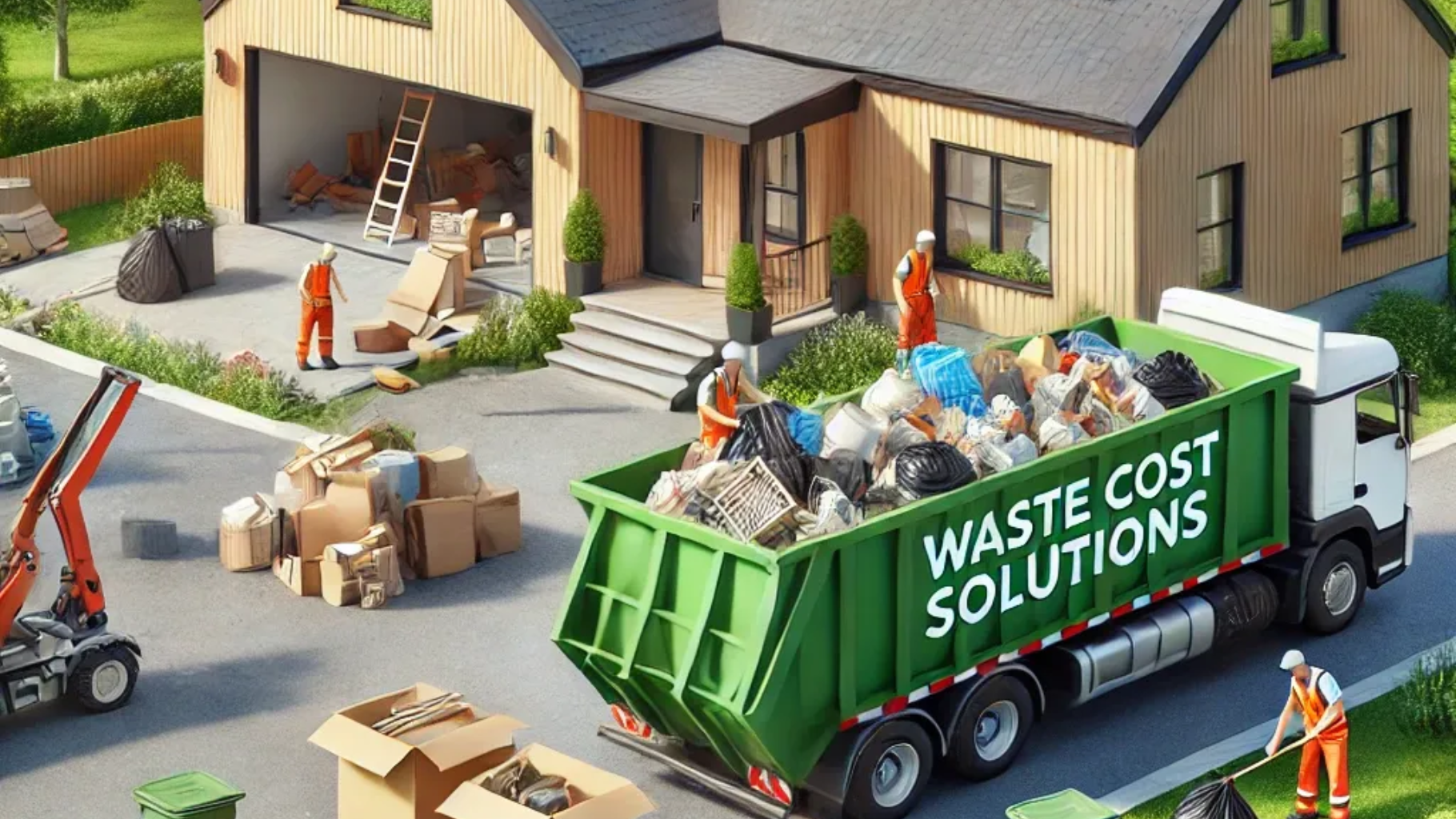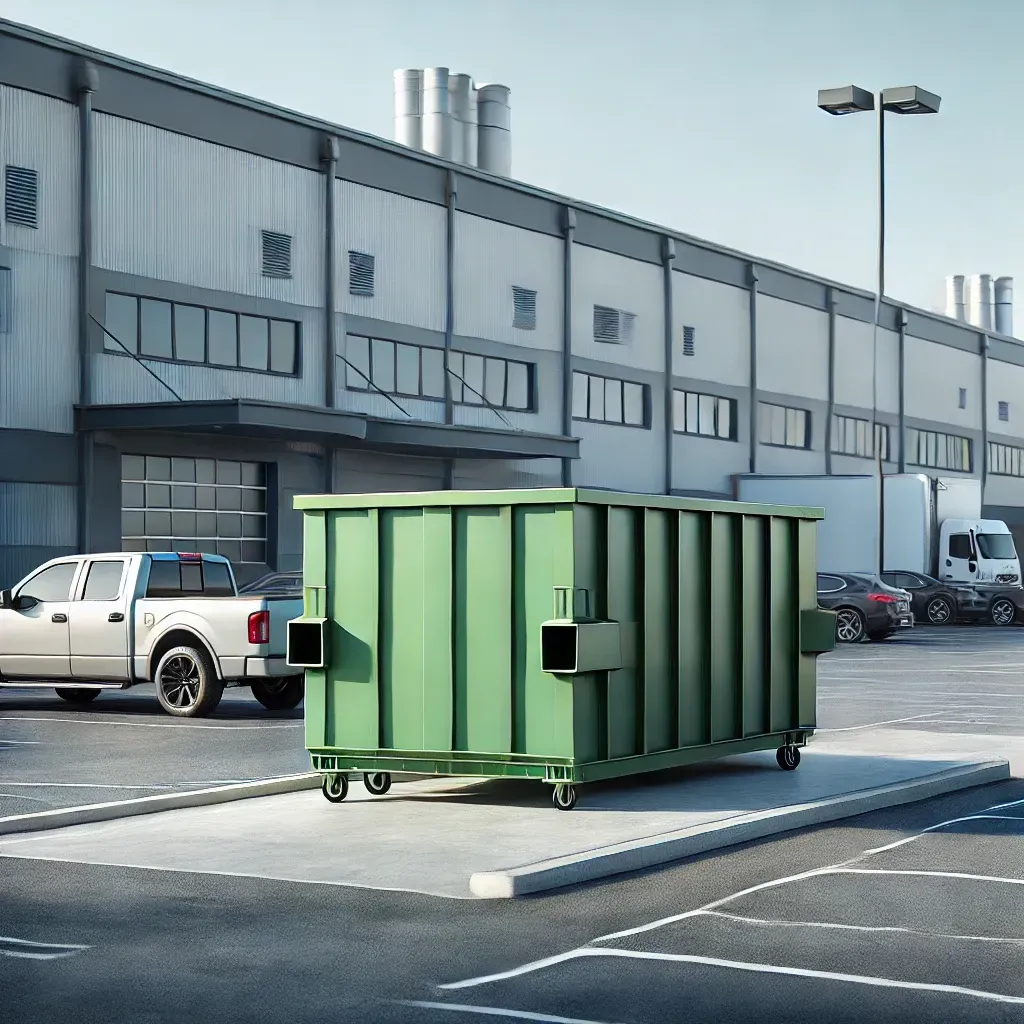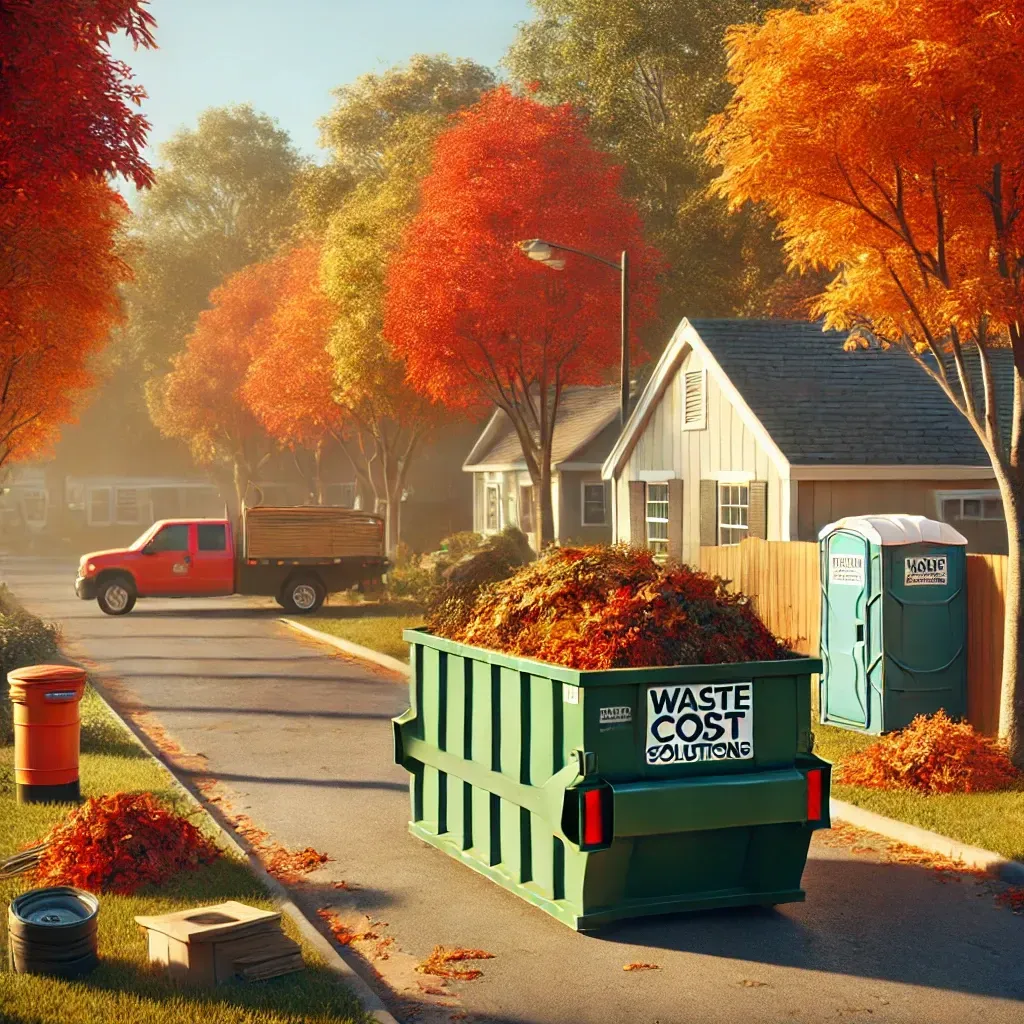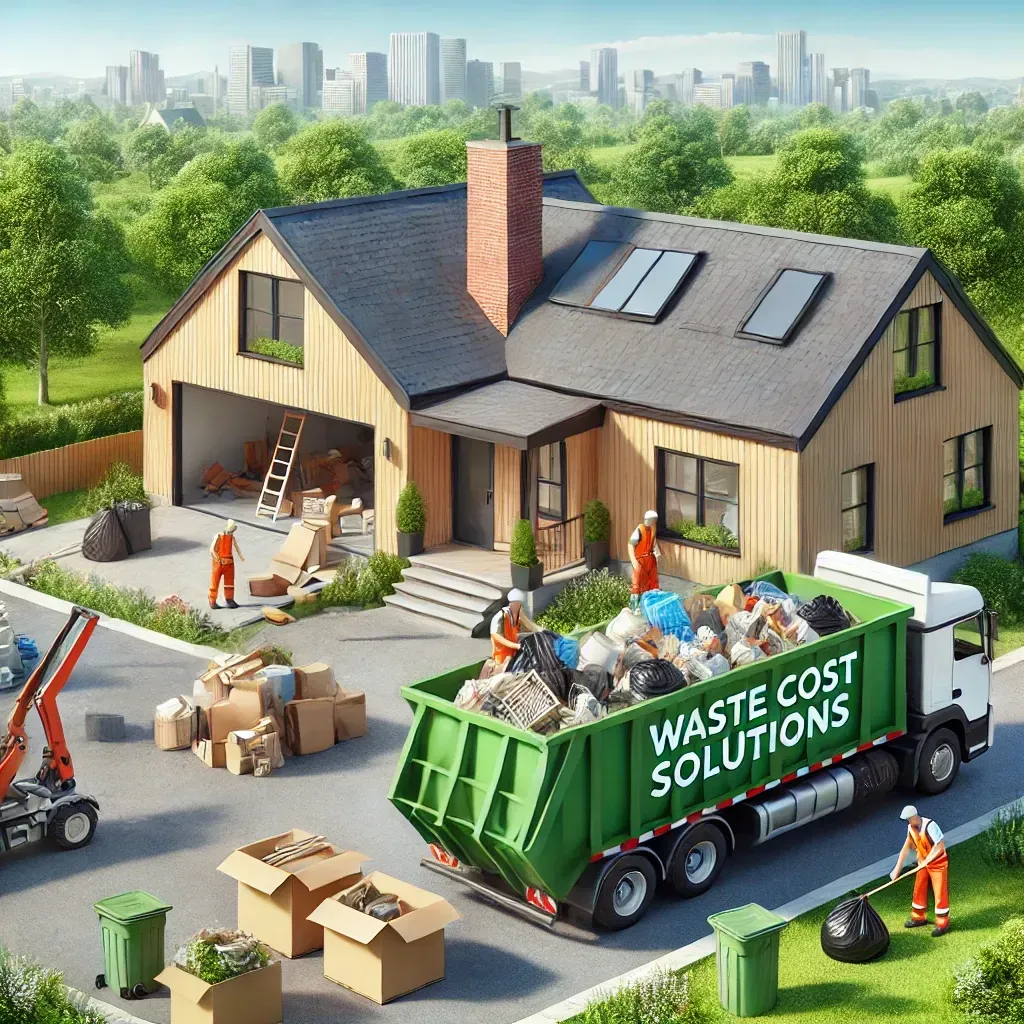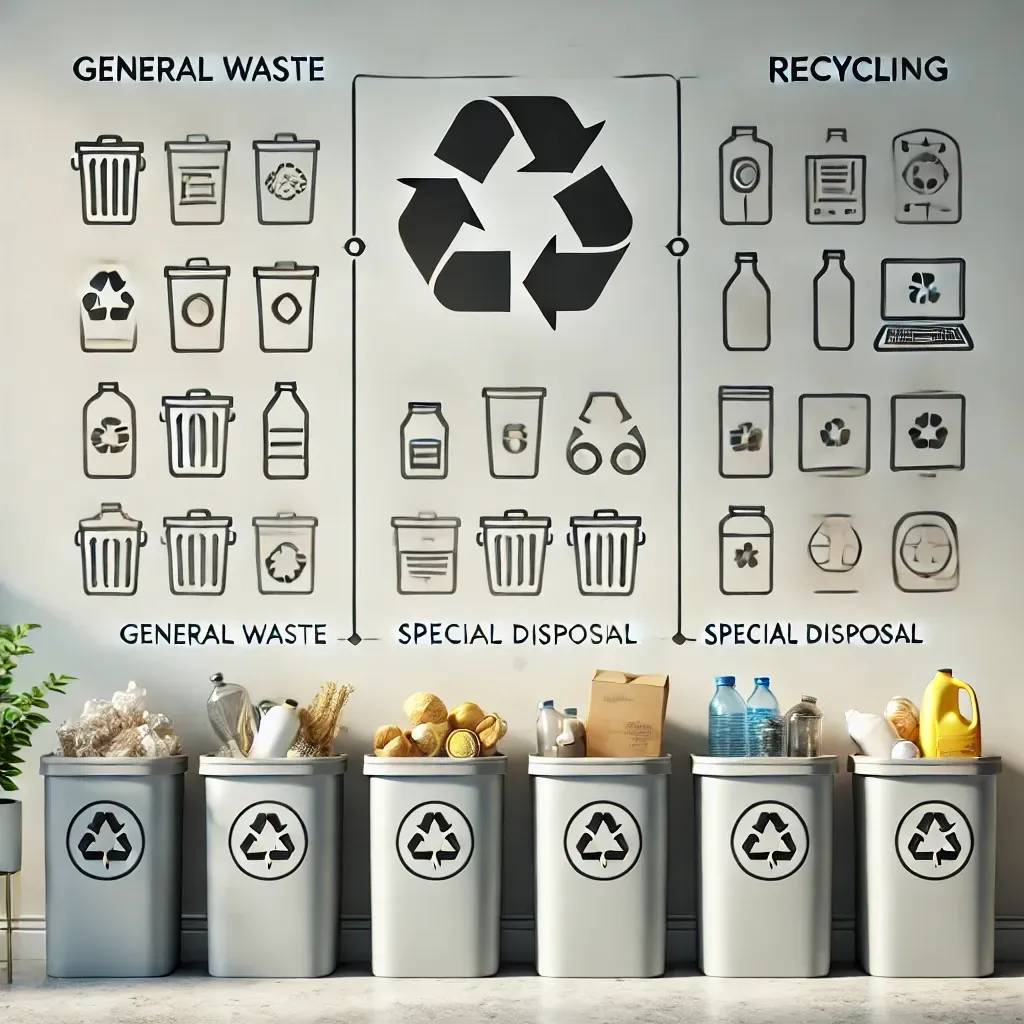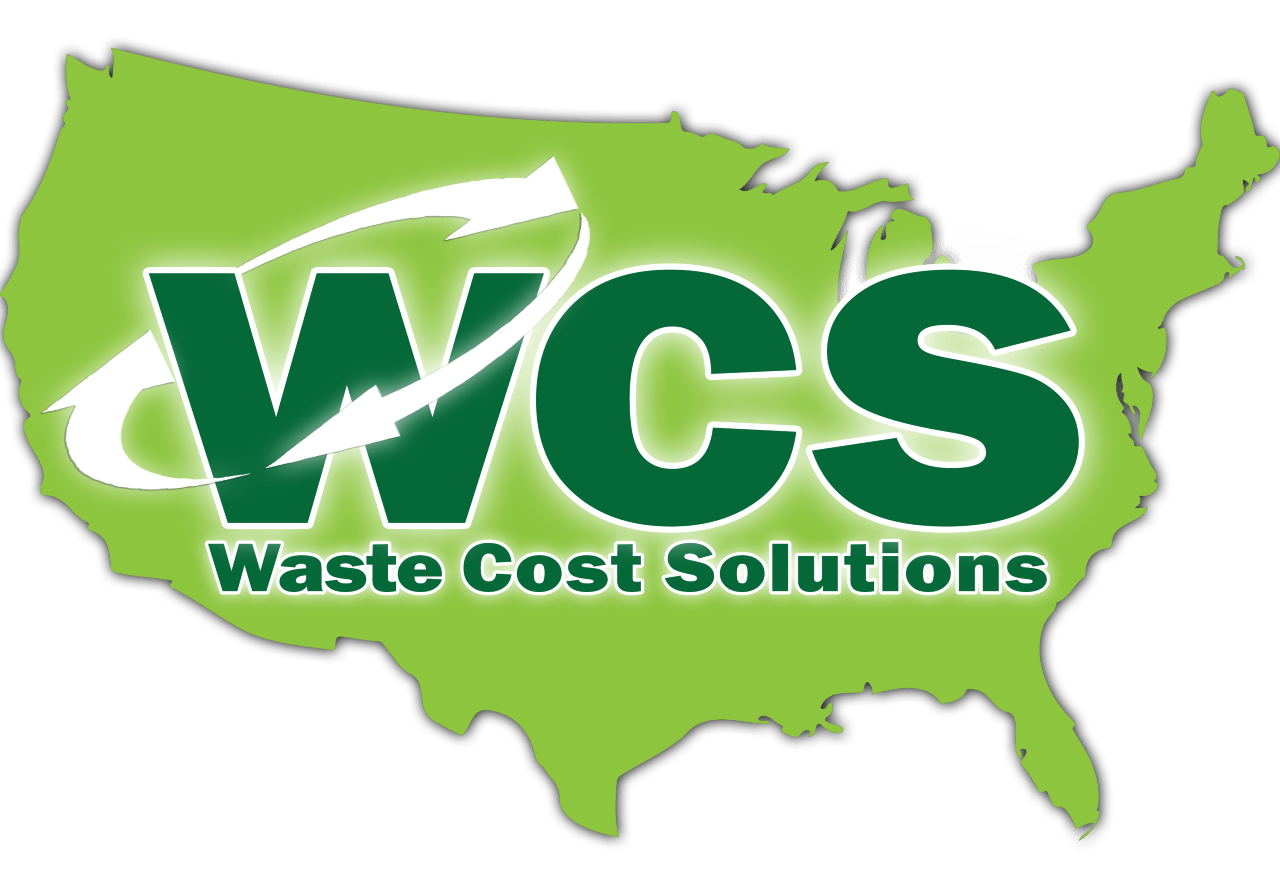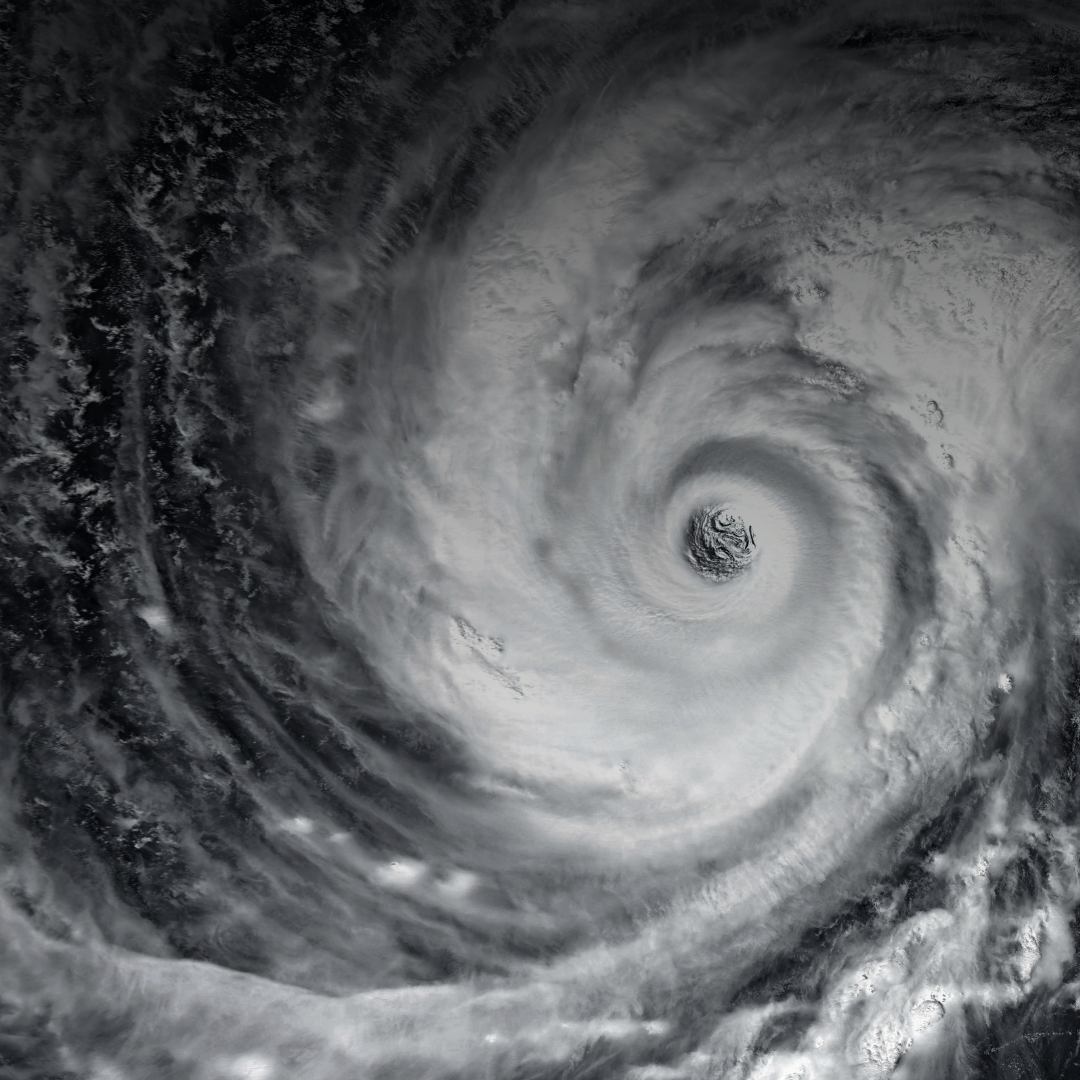Are Paper Straws Really Better for the Environment?
Brief History of Plastic Straws
The plastic straw as we know it was invented in 1938 by a man named Marvin Stone. He was looking for a way to keep his drinks cold on hot summer days. His solution was to insert a thin strip of paper into his drink to act as a straw. This worked well enough, but the paper would get soggy and fall apart after awhile. Stone had the genius idea to replace the paper with plastic, and the first plastic straw was born.
Stone's invention quickly caught on, and by the 1950s plastic straws were being mass produced and used in restaurants and cafes all over America. However, it wasn't until the 1980s that plastic straws really started to take off in popularity. This is thanks to two key inventions: McDonald's began using them in their restaurants, and Safeway introduced bendy straws. Suddenly, everyone wanted to drink their beverages with a plastic straw!
Today, plastic straws are more popular than ever. They can be found in nearly every type of restaurant and bar, and millions of them are used every day. However, there is growing concern about the environmental impact of all these straws. It is estimated that up to 500 million plastic straws are used and discarded every day in America alone! That's a lot of waste that ends up in landfills or floating in our oceans. As a result, many people are now opting for reusable metal or glass straws instead of disposable plastic ones.
The Dangers of Plastic Production & Ocean Pollution
A staggering 91% of plastic isn't recycled. Instead, it ends up in landfills or in our oceans where it does irreparable damage to marine life. As a result of plastic pollution, 100,000 marine creatures and 1 million seabirds die each year. What's more, this pollution is having a direct impact on human health. It's estimated that by 2050, there will be more plastic in the ocean than fish.
The Consequences of Plastic Pollution
Plastic pollution isn't just harming marine life; it's also having a direct impact on human health. Studies have shown that chemicals in plastics can leach into the food and water we consume, causing a host of health problems like reproductive disorders, cancers, birth defects, and weakened immunity.
What's more, microplastics—tiny pieces of plastic that are often invisible to the naked eye—are now being found in the air we breathe. These microplastics are so small that they can easily enter our bodies through our noses and our mouths and make their way into our bloodstreams and organs. Once they're inside us, these microplastics can cause inflammation and trigger immune reactions.
The Dangers of Plastic Production
In addition to the pollution caused by plastic waste, the production of plastics is also having a detrimental effect on the environment. The vast majority of plastics are made from fossil fuels like natural gas and petroleum, which release greenhouse gases into the atmosphere when they're extracted and refined. These greenhouse gases contribute to climate change, which is already proving to be devastating for our planet. Climate change is causing extreme weather events like droughts and hurricanes, as well as melting polar ice caps and rising sea levels.
Paper Vs Plastic
Plastic straws have become one of the most vilified single-use plastics in recent years. And for good reason—it’s estimated that Americans alone use 500 million plastic straws every day, most of which end up in landfills or our oceans. But what’s behind this sudden push to ban plastic straws? In this blog post, we’ll explore the reasons behind the rise of plastic straw bans and what you can do to help reduce your reliance on them.
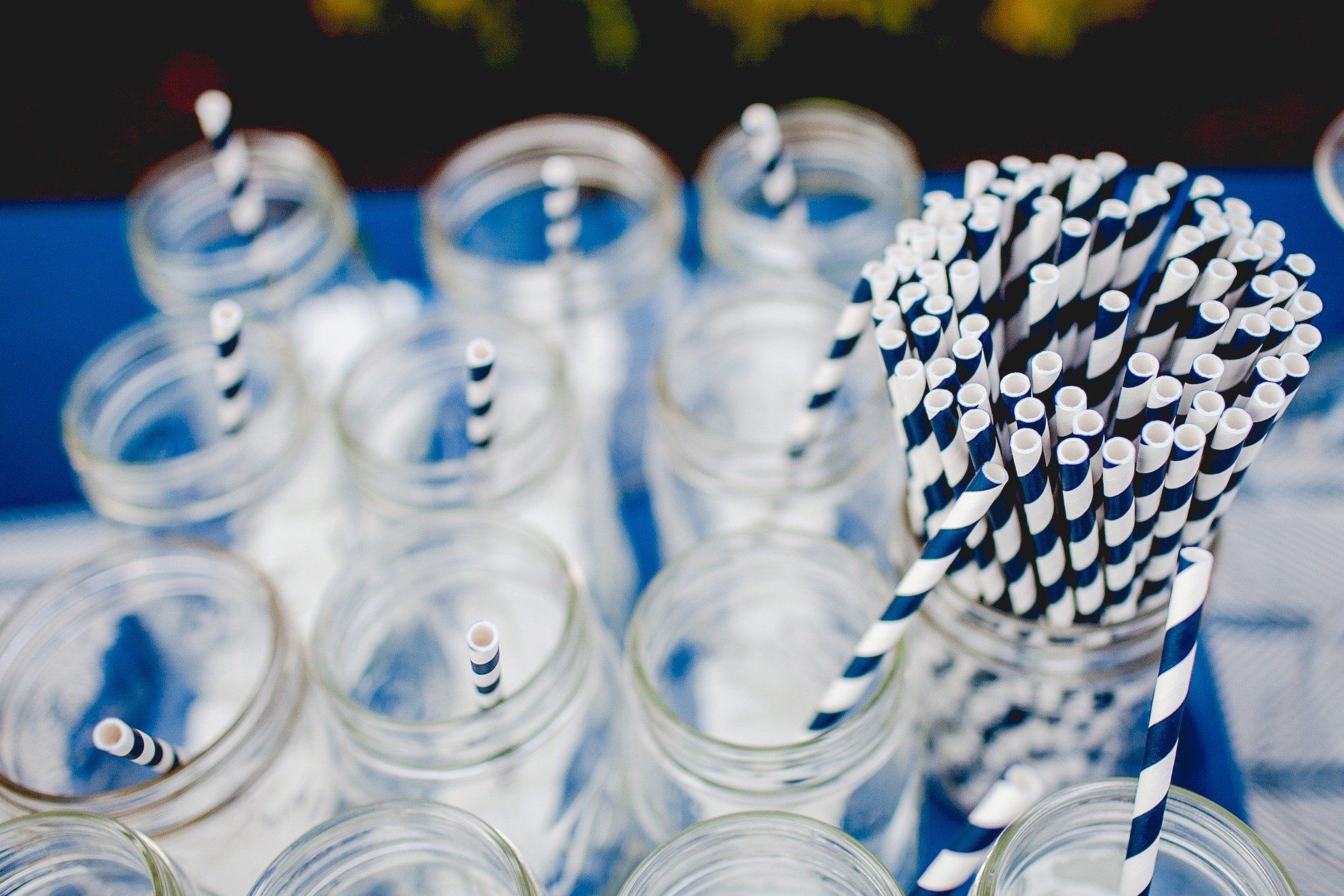
The Harmful Impact of Plastic Straws
Plastic straws are uniquely harmful because they are so often used for just a few minutes before being discarded. This means that they have a very high ratio of use to waste. And because they’re made of plastic, they can take hundreds of years to degrade in landfills. Even worse, many plastic straws end up in our oceans, where they pose a serious threat to marine life. It’s estimated that there are already more than 7.5 million tons of plastic trash floating in our oceans, and plastic straws make up a significant portion of that.
The Rise of Plastic Straw Bans
Awareness of the harmful impact of plastic straws has been building for years, but the movement to ban them really picked up steam in 2015, when a viral video surfaced showing a sea turtle with a plastic straw lodged in its nose. Since then, dozens of cities and companies have implemented bans on plastic straws, including Seattle, San Francisco, and Starbucks.
What You Can Do to Help Reduce Your Use of Plastic Straws
Of course, individual action is not going to be enough to solve the problem of plastic pollution—we need systemic change at the level of corporations and governments. But there are some easy things you can do to help reduce your reliance on plastic straws:
- Bring your own reusable straw when you go out (stainless steel and glass straws are great options).
- If you do use disposable straws, make sure to recycle them.
- Avoid products that come packaged with excessive amounts of plastic (look for alternatives that use less packaging or come in reusable containers).
- Advocate for companies and government bodies to adopt policies that will reduce our reliance on single-use plastics like straws.
By making small changes in our daily lives, we can make a big impact on the health of our planet—and its wildlife!
